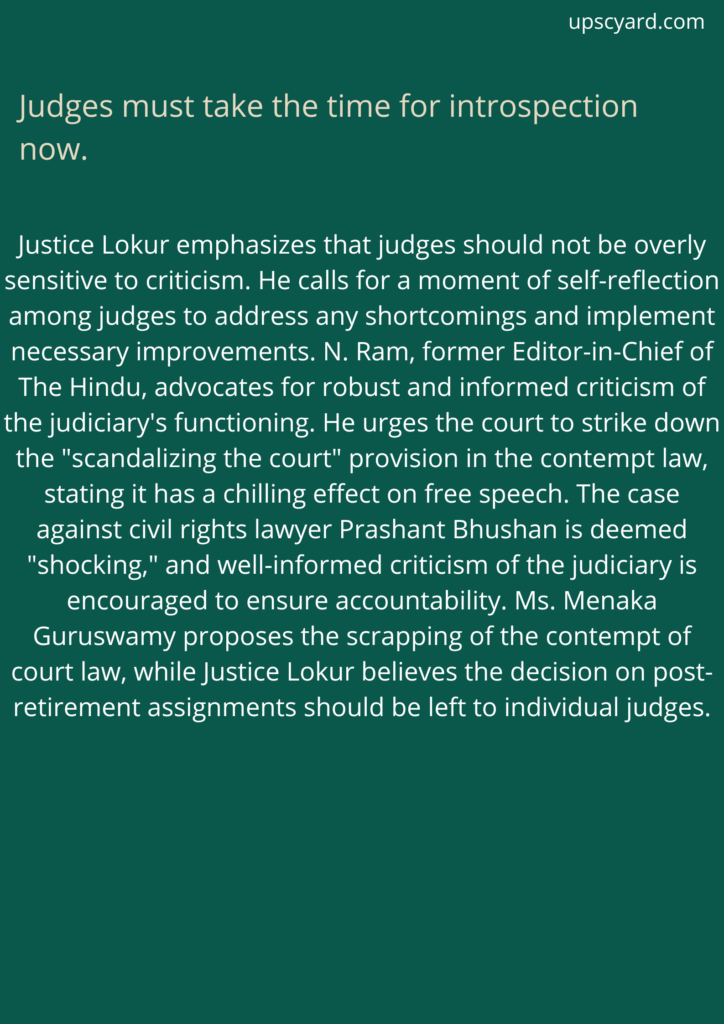Personal Interest
Many individuals, including eminent psychologists, assert that even in our best moments, we are primarily motivated by self-interest. From acts of kindness to heroic deeds, our actions ultimately revolve around personal gain. While some instances of personal gain are obvious, like seeking public admiration, others are more subtle.
In the discussion of human behavior and ethics, the notion of Interest is a recurring theme. Many individuals, including eminent psychologists, assert that even in our best moments, we are primarily motivated by our Interest.” From acts of kindness to heroic deeds, our actions ultimately revolve around our Interest.” While some instances of “Personal Interest” are obvious, like seeking public admiration, others are more subtle.
For example, imagine coming across a distressing scene—a truck overturned on a quiet road with a severely injured young man. If you decide to help, you might think it’s solely to reduce the man’s distress, driven by your own Interest. However, psychologists present an alternative explanation: witnessing someone else’s distress triggers our own feelings of shock, alarm, or fear. In response, we seek to reduce our own emotional discomfort by alleviating the other person’s suffering, again influenced by our Interest. Thus, what appears as altruism might be a disguise for our Interest.
This perspective that human beings primarily act out of “Personal Interest” has a long history in psychology and Western thought. Thinkers like Thomas Hobbes believed that all human actions were driven by Interest. Even Hobbes himself, when seen giving money to a beggar, admitted that he did so to ease his own discomfort at witnessing the beggar’s plight—a clear manifestation of “Personal Interest.”
However, if every action is egoistically motivated by our Interest ethical discussions become challenging. Ethics, by definition, should transcend “Personal Interest,” implying that moral obligations should be fulfilled even when they conflict with our Interest. It becomes contradictory to ask people to act against their “Personal Interest” if all actions are inherently self-interested.
Traditional ethics emphasizes impartial consideration of others’ interests, assuming that “Personal Interest” isn’t the sole basis for human behavior. Although some philosophers, like Hobbes, attempted to base ethics on “Personal Interest,” their ideas haven’t gained widespread acceptance. While egoism might strongly influence human behavior, ethics traditionally acknowledges that people are also capable of acting out of genuine concern for others, not merely from concern for their own Interest.
Personal interest vs Public interest





